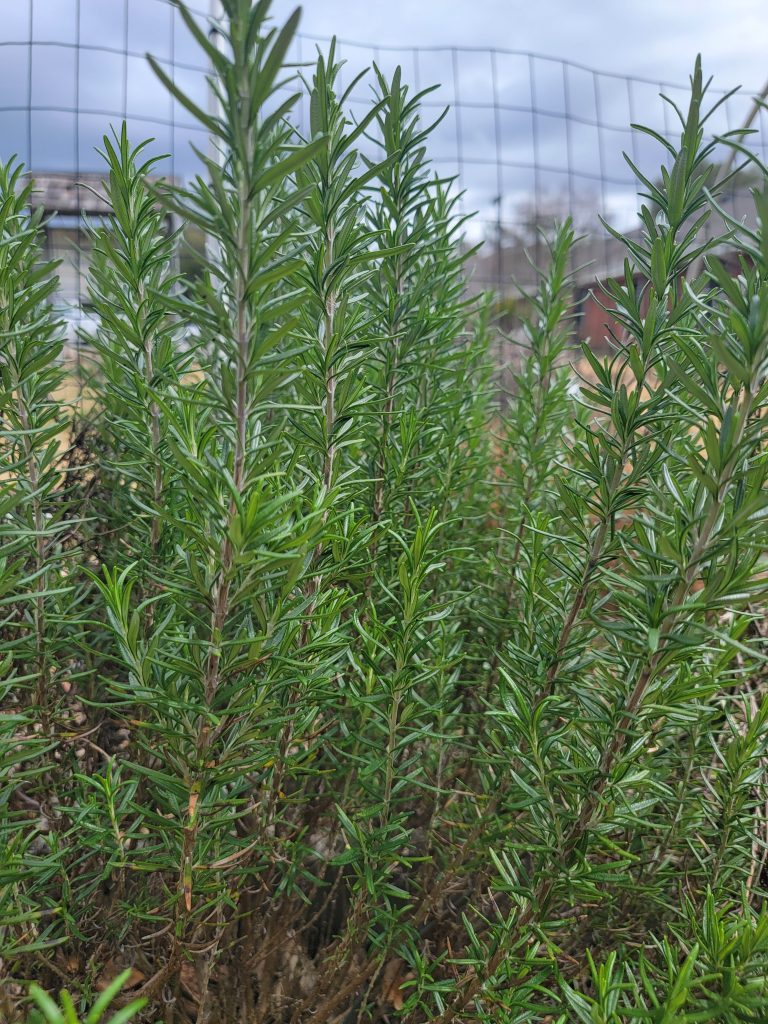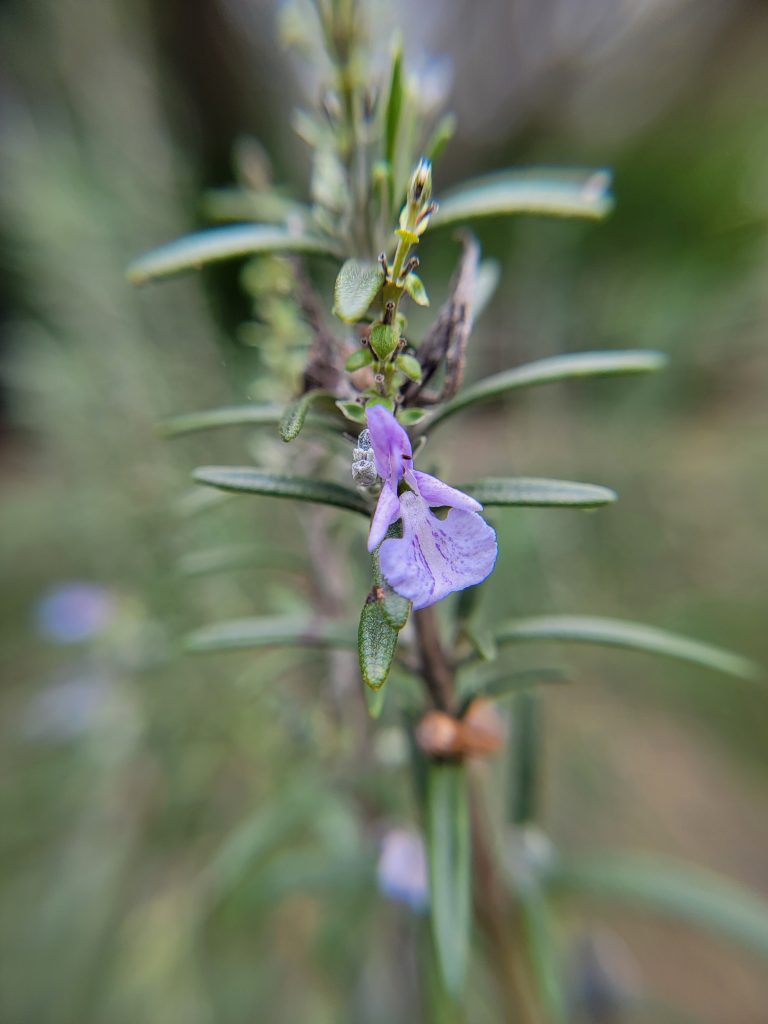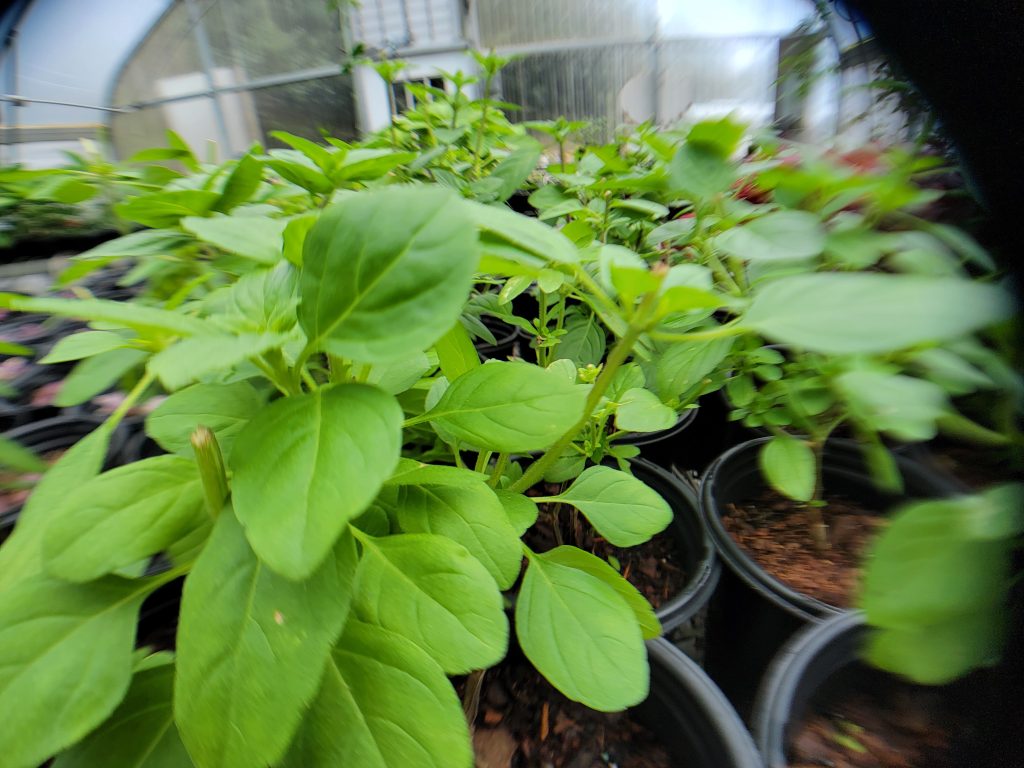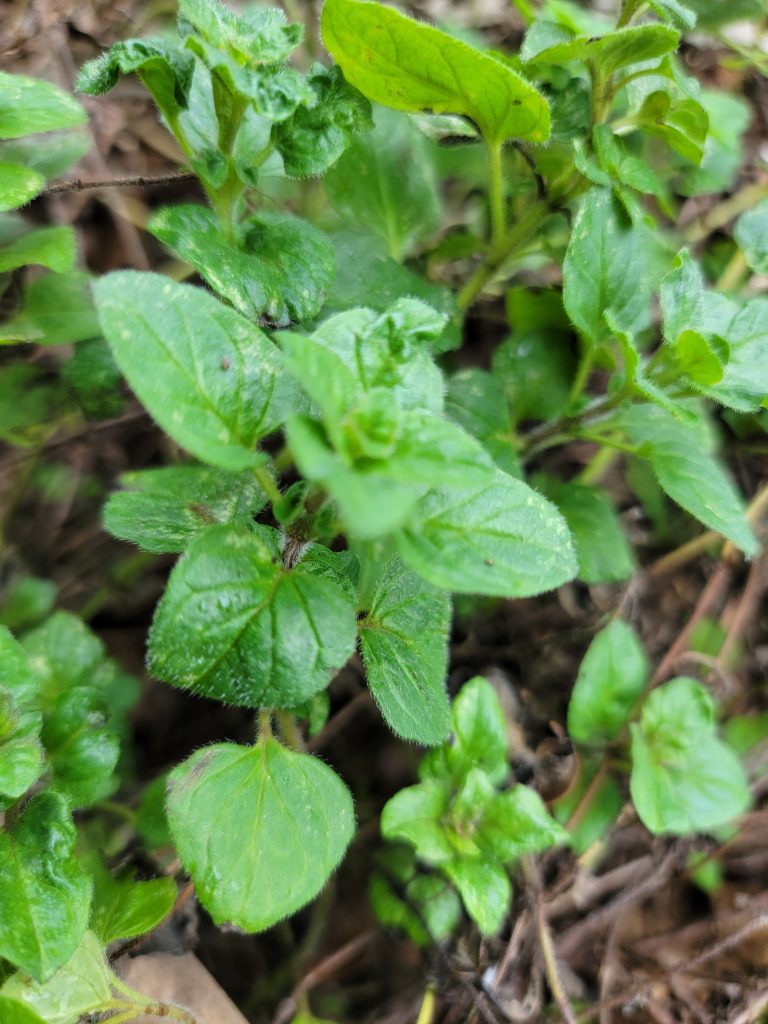As spring approaches, the time to plan and implement gardens is at hand. If you have wanted to get into this hobby but have been intimidated by the avalanche of information, consider an herb garden. This collection of plants is grown primarily for their aromatic properties and culinary use but are robust making them optimal for getting your feet wet in gardening. They may be grown in a variety of spaces including in-ground, containers, and as companion plants in existing gardens. They are very forgiving with similar growth condition requirements and may be propagated easily from cuttings or seeds. Moreover, herbs have a place in supporting the beneficial insects in your landscape.
What is an Herb, and How do they Grow
Herb is a broad term applied to a group of plants whose leaves or stems are used for various purposes. This is an important distinction as they must be differentiated from spices, which find their origins in a plant’s non-leafy structures. It is important to note that some plants, such as cilantro, may be considered both. In this case, the leaves are a culinary herb, but the seeds are a spice called coriander. These are subtle, but important distinctions.
Many culinary herbs fall into the Lamiaceae family, commonly called the mint family. They run the gamut of life cycles as annuals, biennials, and perennials giving the grower a range of plants from which to choose. You’ll do best by mixing these life cycles to optimize successional plantings to provide a constant supply of herbs for your kitchen.
As with all gardening, everything begins with soil testing. Knowing the pH and texture of your soil will inform your management practices. Aim for a slightly acidic soil with a pH of around 6.5 and a loamy texture. I can hear you all out there, what does loamy texture mean? Soil consists of sand, silt, and clay. Loamy refers to soil with an equal proportion of these particles. It is desirable in gardening as it lends to a balance of moisture retention and drainage while providing nutrient-holding capability. These are desirable traits for any growth medium.
What Herbs Should I Grow
At this point, you are probably getting anxious for me to tell you what the easiest herbs to grow happen to be. Below are three herbs that will make you wonder why you delayed entering into this hobby.
One of the easiest and most useful is rosemary (Salvia rosmarinus). This woody perennial is drought tolerant and pest resistant, making it wonderful for new and old gardeners. It prefers well-drained soil and may need some protection in the winter. This plant is easy to shape and propagates best via cutting. Rosemary flowers in the winter to spring time frame serving as an early season support for pollinators such as bees. Plant this herb in the spring, and be sure not to overwater or use too much fertilizer.


Basil (Ocimum spp.) comes in a wide variety of cultivars. The wide selection is likely due to this herb’s presence in multiple cultures covering at least three continents. This herbaceous annual prefers morning sun with some afternoon shade and well-draining soil. Plant from seed or cutting after the last chance for frost has passed. Harvest leaves for culinary use and keep the plant in vegetative growth by pinching the flower stalks through the summer. Once you’ve had all you need for the year, go ahead and let the flowers bloom. Pollinators will swarm these plants, and you will receive all the seeds you need for next year’s planting.

Finally, among the easily grown herbs is oregano. This herb is split into two main cultivars in Mexican oregano (Lippia graveolens) and European oregano (Origanum vulgare). They differ in taste but are often used the same way. This herb prefers full sun and is a hardy perennial that will self seed. It may be propagated from cutting, seed, or division.

Those outlined here are but a few of the options for herb gardens. Herbs are a wonderful way to get your feet wet in gardening. Being easy to grow and propagate, they will provide a masterclass in plant care and flavorings for your dinner. Use herbs in your garden to feed yourself, as a pollinator benefit, or to attract predatory insects to your garden. For more information on herb gardens, see these Ask IFAS documents, or contact your local extension agent for additional information on this and any topic regarding your gardens and more.
- Consider Chestnuts for Your Landscape - December 26, 2025
- Cold Protection for North Florida - November 6, 2025
- Planning and Planting for Wildlife - October 10, 2025
